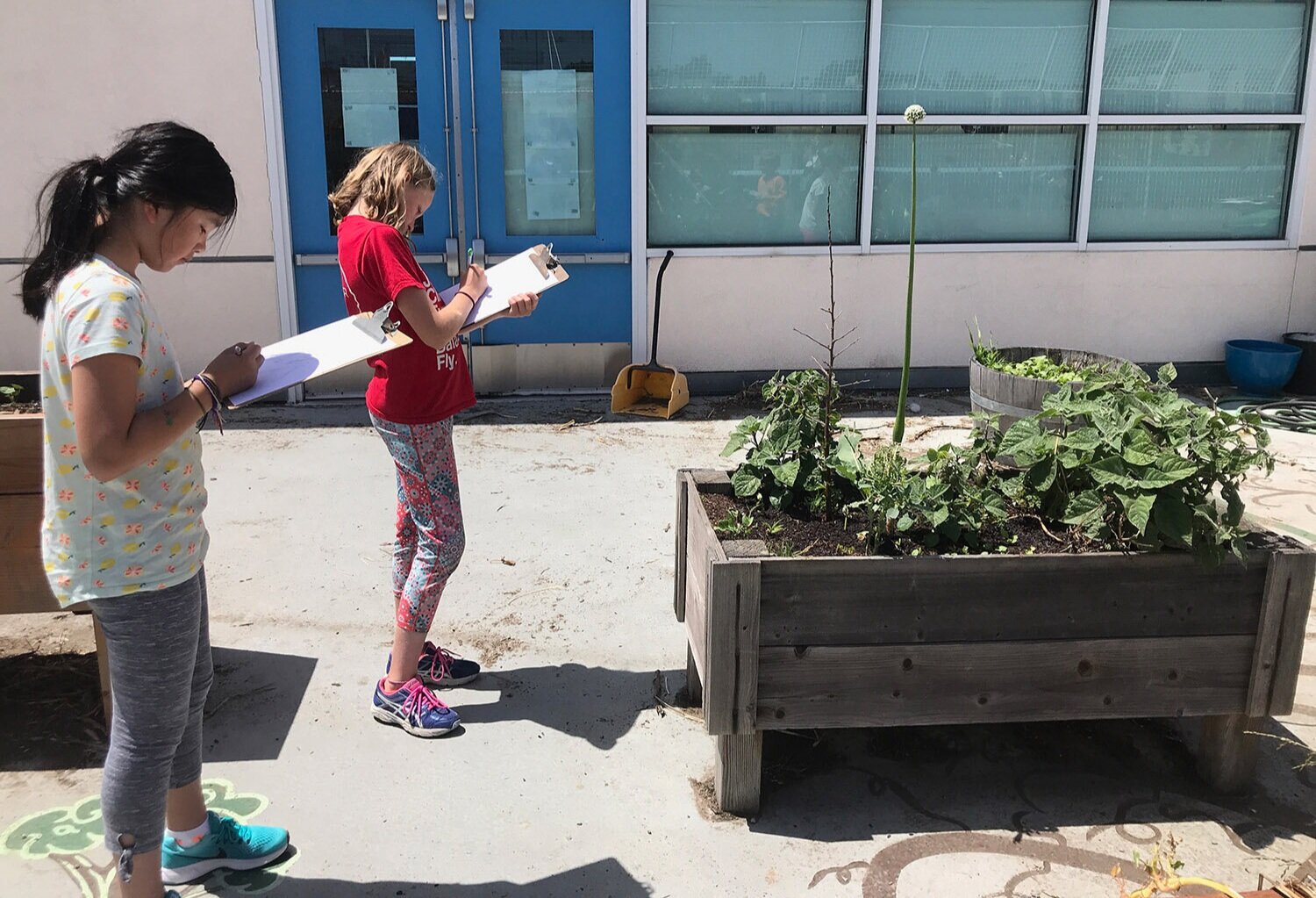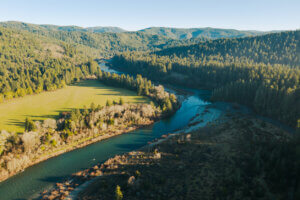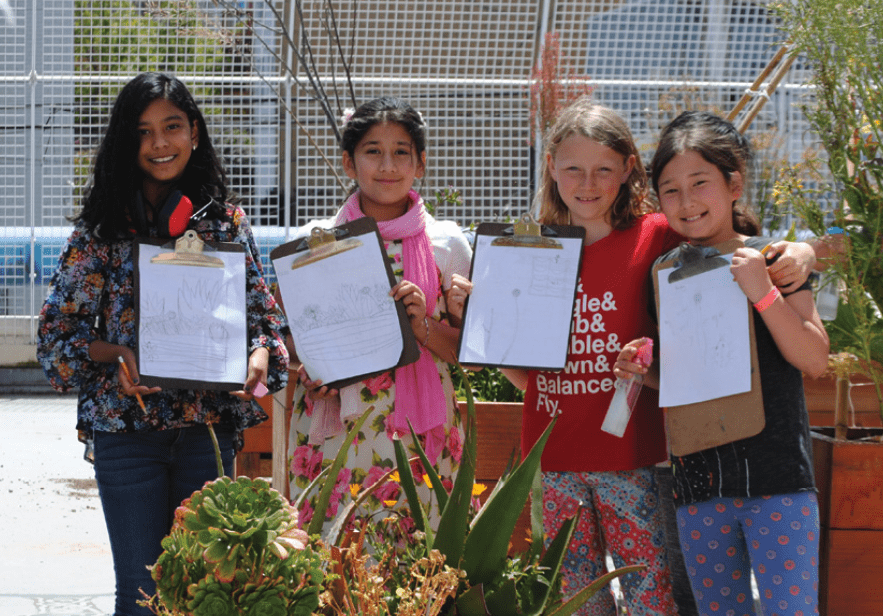Following the recent 26th United Nations Framework Convention on Climate Change (UNFCCC) Conference of Parties (COP26) in Glasgow and the increasing awareness — as a result of the recent Intergovernmental Panel on Climate Change (IPCC) Sixth Assessment Report (AR6) — of the escalating and destructive impacts of global climate change, 27 organizations have come together and issued a joint position statement supporting education for climate change.
To truly foster a just, sustainable, and resilient future, we must learn how to mitigate global warming and adapt to climate change. Effective paradigm shifts require engaging diverse levers for change, including policies, behaviors, and mindsets. The K–12 education sector has a hand in all three of those levers of change, with the highest amount of leverage on cultural mindset shifts. David Orr, professor of environmental studies at Oberlin College paints a clear picture of the obligation that schools have to mitigate this crisis, “The planetary emergency unfolding around us is, first and foremost a crisis of thought, values, perception, ideas, and judgment. In other words, it is a crisis of mind, which makes it a crisis of those institutions which purport to improve minds.”
It is time for school leaders and their communities to reimagine all aspects of K–12 schooling — campus, curriculum, community, and culture — through a lens of sustainability, equity, health, and climate resiliency. To support this positive transformation, we recommend the following:
Educational leaders need to see themselves as environmental and climate leaders who are working to foster a sustainable future for the sake of the young people and the world they will both inherit and shape. This includes working with those in sustainability education, environmental and climate justice organizations, youth and families in their communities, and other organizations invested in working towards a sustainable future.
Climate leaders need to work with K–12 educators to design equitable learning that supports just climate action in and with communities and prepares a generation and a workforce that can respond effectively to climate change. A significant funding investment to be dedicated to K–12 schools to support a sustainable and climate-resilient transition with facilities and operations, curriculum and instruction, and overall community and culture.
The climate crisis requires that every human, every country, and every sector (including K–12 Education) take part in creating a just, sustainable and climate-resilient existence. Our organizations are committed to working with the K–12 education sector to support school communities in this critical endeavor. As leaders in our own organizations and communities, we invite educators and school communities to work together with climate leaders in achieving the recommendations outlined above.
Additional References and Resources
- Action for Climate Empowerment — November 2020: ACE National Strategy Framework for the United States
- August 2021: IPCC Sixth Assessment Report (AR6) for Educational Leaders
- UNICEF Report — August 2021: “The Climate Crisis is a Children’s Crisis” – The Children’s Climate Risk Index
- U.S. Department of Education — September 2021: “Climate Adaptation Plan”
- Aspen Institute — September 2021: “K12 Climate Action Plan”
- The Lancet — September 2021: “Young People’s Voices on Climate Anxiety, Government Betrayal and Moral Injury: A Global Phenomenon”
- Education Week Opinion Piece — Nov 2021: “School’s Can’t Hide from Climate Change. They Must be Part of the Solution”
About the K–12 Schools IPCC and COP26 Collective Elevation Project
This collaboration effort is inspired by the August 2021 release of the Intergovernmental Panel on Climate Change’s (IPCC) Sixth Assessment Report (AR6), which put out an urgent call to those in decision making roles and positions of power in every country and every sector (including K–K12 education) to take action now. The intention of this project has been to bring leaders in the movement for Sustainable and Climate Resilient Schools together, to come up with strategies for how to collectively elevate the importance of the IPCC’s AR6 Report and the 26th United Nations Climate Change Conference of the Parties (COP26), to K–12 educational leaders. To view the full details of this project visit: IPCC & COP26 2021 — Collective Elevation for K–12 Educators Project Overview.
Organizations involved in this project include (but are not limited to), organizations that center around: Environmental Literacy, Environmental Sustainability Education, Education for Sustainability, Education for Sustainable Development, Climate Literacy, Climate Action, Solutionary Teaching and Learning, Humane Education, Green Schools, etc. For a list of organizations that have participated in this collaboration between Aug — Oct 2021, visit: IPCC – COP26 Collective Elevation for K-12 Educators: Thought Partner Meetings Contact List.








